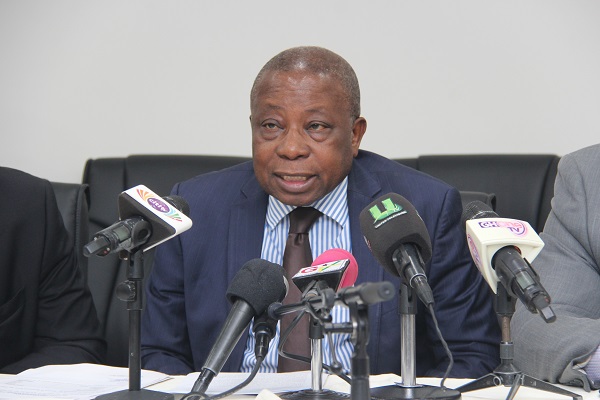According to the Minister of Health Kwaku Agyemang-Manu, the United Nations International Children’s Fund (UNICEF) has received funds of $6.4 million for the procurement of three essential childhood vaccines that are in low supply in Ghana.
The health minister stated that several crucial shipping and procurement operations are part of the reasons for the delay of the supply of vaccines when he appeared before Parliament on Thursday, March 9, to address concerns about the shortages.
He also revealed that the National Health Insurance Authority distributed a large portion of the vaccine funds in installments.
Mr. Agyemang-Manu reiterated that he had evidence of how these funds were disbursed; in June 2022, the NHIA transferred GH25 million. In addition, GH 10.5 million was received in October, GH 13.1 in November, and GH 23 million in December for the final payment. This was brought to a total of GH71.8 million.
He also disclosed that the government had made its budgets based on the GHS 6 to dollar rate but the rise in the dollar rate had accounted for the delays in the supply of vaccines. The Minister, however, failed to give a definite date for the procurement of the vaccines. Since October 2022, there has been a severe shortage of childhood vaccines in Ghana, leaving thousands of babies unvaccinated nationwide.
UNICEF works to support young children from early childhood through adolescence in order for them to survive, thrive, and attain their full potential. It is also the largest supplier of vaccines in the world, and supports child health and nutrition, clean water and sanitation, high-quality education, skill development, HIV prevention and treatment for pregnant women and infants, and protection of children and adolescents from abuse and exploitation.
Vaccination is crucial for children as it protects them against common diseases that formerly severely injured and even killed newborns, children and adults. The lack of vaccination for these vulnerable children puts them at risk of diseases such as polio, hepatitis B, and measles which will also increase the child mortality rate in the country.
The government and the health ministry must prioritize the health of its citizens, particularly children and put in drastic measures to secure the vaccines to save the children. The lives of our children are at stake!

